In their book, Connecting to Change the World, social impact experts John Cleveland, Madeleine Taylor, and Peter Plastrik point to networks as critical to addressing “complex, unpredictable, large-scale problems like climate change.” That’s because each network member can tackle a piece of the puzzle, while maintaining relationships that allow coordination, collaboration, and troubleshooting.
I would add another network benefit: webs of trusted relationships within and across borders can disseminate policy expertise to as many decision-makers as possible. Make a mistake in Denmark, avoid making that same mistake in India. Have a grid reliability breakthrough in China, make sure colleagues facing similar challenges in South Africa know about it.
The breadth of the Crux Alliance was on display at COP28. Over 100 members from the Crux Alliance, Drive Electric Campaign, and Renew2030 networks joined people from industry and foundations to discuss the value of these efforts and to strengthen our personal connections.
On the programmatic front, this year we saw the Crux Alliance’s impact across all of our sectors and regions. In what follows, each Crux Policy Center CEO shares what stood out for their organization this past year.
Crux is poised to build on a strong foundation of policy success and network expertise in 2024.
Until then, we wish you all a safe, restful, and well-networked holiday season!
Joe Ryan
Executive Director
Crux Alliance
APPLIANCES

Christine Egan, Executive Director & CEO
It’s been a big year at CLASP. As the urgency to address climate change intensifies, we are proud to report some significant wins for a more sustainable future. We launched the report Net Zero Heroes: Scaling Efficient Appliances for Climate Change Mitigation, Adaptation & Resilience, which emphasizes appliance efficiency as a crucial solution, setting the stage for governments to supercharge appliance efficiency efforts at COP28 for maximal benefit to people and planet. We celebrated a win at the Minamata Convention on Mercury, where our collaborative efforts led global leaders to commit to phasing out fluorescent lighting, preventing 2.7 gigatonnes of CO2 emissions by 2050. A groundbreaking report on gas cooking and indoor pollution in the EU revealed that households that cook with gas often exceed World Health Organization air quality guidelines, sparking media coverage across Europe and the U.S. with mentions in more than 200 articles to date. Meanwhile, India’s Bureau of Energy Efficiency, with CLASP’s support, implemented new policies for several cooling appliances, expected to cut carbon emissions by 22 million tonnes by 2030 and aligning with India’s Cooling Action Plan.
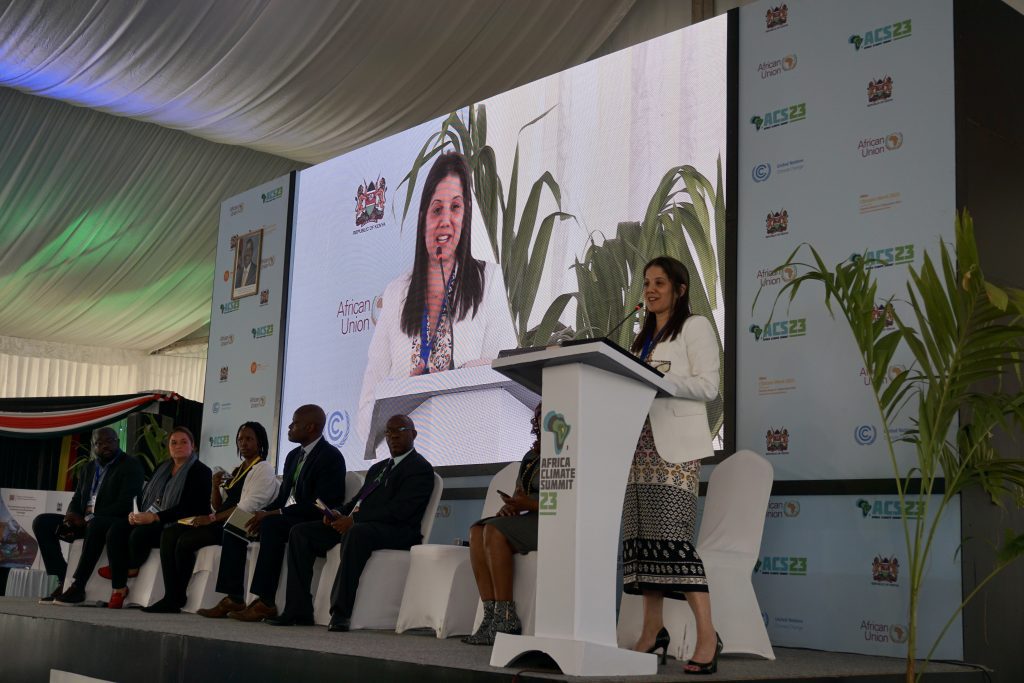
BUILDINGS

Peter Graham, CEO & Executive Director
The Global Buildings Performance Network (GBPN) continues to prove the success of local stakeholder-led policy reform in the fastest-urbanizing geographies on the planet. Crux support has allowed us to deepen our engagement at the subnational and national levels in Indonesia, where we have incorporated city-level policy reforms and building emissions data into the development of a national roadmap for green building policy implementation. Our team also streamlined inter-ministerial collaboration by enabling the Ministry of Energy and Mineral Resources and the Ministry of Public Works and Housing to work together on a unified roadmap for engaging the building sector in achieving the national zero-emissions targets. We are now poised to start 2024 with a mandate to support these ministries, and the Ministry of Finance will begin implementing the roadmaps nationwide, setting Indonesia on a path to avoid more than 450 Mt CO2 in emissions by 2030.
Our work in India this year has focused on improving thermal comfort in the affordable housing segment, developing an e-compliance platform for energy conservation regulations in Gujarat, and collaborating with RAP on the further development of the CELLULAR Living Lab program for net-zero affordable housing. The big win this year has been the completion of our Healthy Buildings Healthy Homes Guidelines and Policy White Paper, which the Bureau of Indian Standards will use to review the National Construction Regulations for Affordable Housing. Our goal is the adoption of new codes that reduce cooling energy demand and emissions while increasing thermal comfort for around 8 million households over the next few years.
Organizational highlights include our first in-person global retreat in Bali, refining our theory of change, developing a new strategy for policy reform in China, and upgrading our operations and finance infrastructure. We must continue to grow to meet the challenge of building decarbonization, and we are now prepared to scale our impact in 2024 and beyond.

INDUSTRY

Frank Peter, Director
In terms of climate policy, the most significant political success in 2023 at the European Union level was the revision of the European Emissions Trading System and the simultaneous introduction of the carbon border adjustment mechanism. The reform envisages that European industry will be largely climate neutral before 2040. In addition, the difference in CO2 costs between imports of particularly carbon-intensive products to Europe and domestic production will gradually be leveled at the border. We have witnessed that despite multiple crises in Europe, climate policy has not fallen behind. With its analyses, Agora Industry has made a decisive contribution to demonstrating the technical and political opportunities for transforming industry and thus getting these reforms off the ground. I am convinced that the path we have taken in Europe will prove that industry is not a hard-to-abate sector.
TRANSPORT SYSTEMS
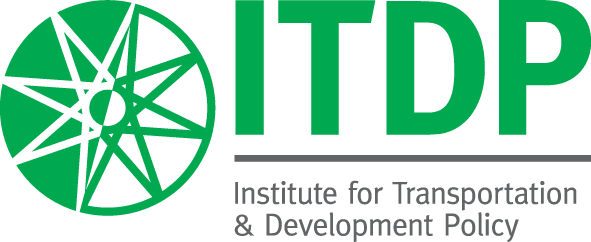
Heather Thompson, CEO
Reflecting on 2023, I am so proud of ITDP’s progress on climate, equity, and access in all the key regions in which we work. We continue pushing for change at city, state, and national levels to ensure transport systems serve diverse communities while reducing emissions and enhancing quality of life. ITDP has continued diving deep into new and impactful strategies this year, from parking policy reforms to bus electrification to low-emission zones. Highlights include the promising climate and transport investment strategies we are supporting in Brazil alongside the Brazilian National Government and Development Bank. In India, our teams are providing technical support for a national effort to roll out 10,000 electric buses in small- and mid-sized cities, bridging national- and local-level investments in sustainable public transport.
Alongside the World Bank in China, ITDP is working with the city of Yichang to implement extensive improvements to non-motorized transport infrastructure as part of a regional decarbonization project. By 2028, these enhancements to Yichang’s pedestrian, cycling, and street networks are projected to reduce more than 37,400 tons of CO2 emissions. And in Mexico, our team’s wrap-up of the “Ideamos” program this year has produced several innovative mobility pilots that address issues ranging from last-mile delivery to transport data collection. Of course, our teams and partners in Africa, Indonesia, and the U.S. are all making great strides on the ground as well and have lots in store for the coming year. Going into 2024, I am excited that ITDP will be releasing several knowledge products—including research on the climate benefits of cycling infrastructure, bus rapid transit, compact cities, and beyond—as well as a great new digital tool in the form of the Atlas of Sustainable Transport. Stay tuned!
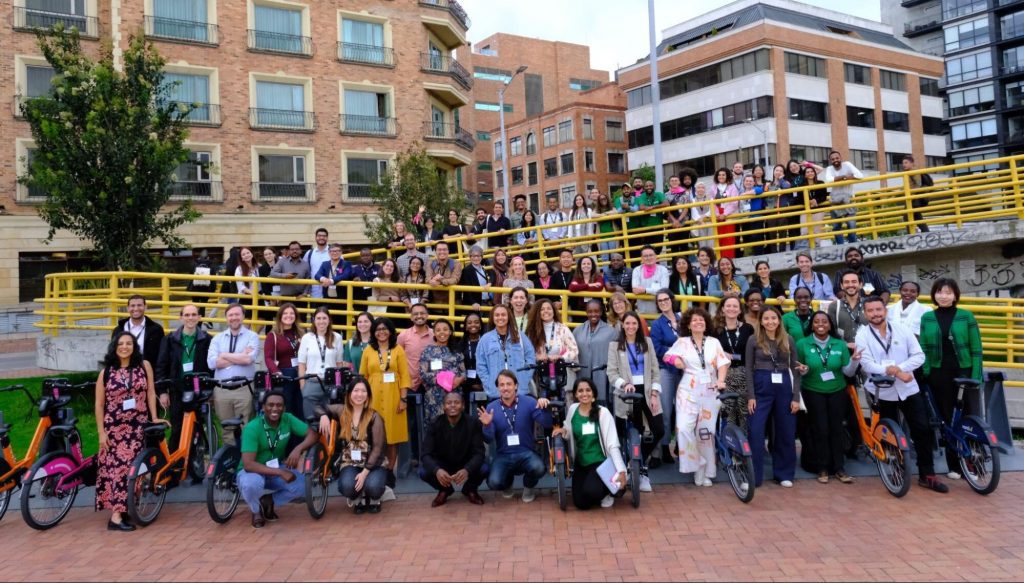
VEHICLES & FUEL
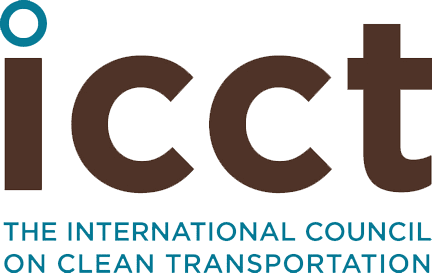
Rachel Muncrief, Acting Executive Director
As we near the end of 2023, I’m thrilled to share some exciting updates on the ICCT’s contributions to advance clean transportation globally. This year we continued to support policymakers in key regulatory agencies around the world to mitigate the serious environmental consequences of climate change. In a groundbreaking move, the International Maritime Organization (IMO) achieved a historic climate agreement in July. It established ambitious targets for reducing annual greenhouse gas (GHG) emissions from international shipping, potentially preventing 24–26 billion tons of CO2 equivalent emissions between 2020 and 2050. The ICCT proudly lent expertise as technical advisers to the U.S., Brazil, and Pacific Environment delegations during the development of the IMO’s 2023 GHG Strategy.
In the U.S., the ICCT played a pivotal role in shaping U.S. Environmental Protection Agency (EPA) proposals for light- and heavy-duty vehicle GHG standards in April 2023. The ICCT produced technical analyses and projections that helped underpin the EPA’s proposals. Since then, we have been working to publicly highlight the EPA’s proposals with analyses showing that they are both ambitious and feasible. When finalized in 2024, these standards could lead to a substantial reduction of nearly 10 billion tons of CO2 emissions, making a significant impact in combating climate change by curbing vehicle emissions.
The ICCT’s work in India continues to expand as the ICCT played a critical role in advancing India’s “PM-eBus Sewa” policy, allocating US$750 million for the enhancement of local city bus operations. The initiative aims to deploy 10,000 electric buses in 169 cities and includes infrastructure upgrades. Once implemented, the scheme will significantly improve the daily lives of up to 6 million citizens. The ICCT was able to make a compelling case to key government officials for the inclusion of electric buses, supported by research on real-world emissions and on-the-ground experience with electric bus operations in Maharashtra.
It’s been an exhilarating year, and we’re eagerly anticipating more progress and continued impact in 2024 to move the right policies forward to improve global health outcomes and significantly reduce the environmental harms caused by the transportation sector.
POWER

Rich Sedano, President & CEO
Heat pump market expansion across Europe represents one of RAP’s greatest policy wins in 2023. On March 16, the European Commission published plans for the Net Zero Industry Act, a regulation establishing measures to strengthen Europe’s net-zero technology and manufacturing sectors. Leading up to its publication, RAP’s European Programme staff consulted on the initiative. The act incorporates several RAP recommendations, including deploying clean heat technologies to phase out gas heating and supporting their manufacturing and deployment across the EU. Heat pumps feature prominently as a technology capable of deep decarbonization and energy efficiency. As part of this collaborative project, RAP is helping expand the heat pump market by 50 percent before 2024 (compared to 2021). The Net Zero Industry Act targets 31 GW of annual heat pump manufacturing capacity by 2031—or approximately 4.5 million heat pump units sold per year, which would represent an increase of about 50 percent in heat pump sales in the EU compared to 2022. This project targets six of the EU’s most fossil-fuel dependent countries: Poland, Belgium, Germany, Italy, Spain, and Ireland. Poland and Belgium have met their market goals; Germany is on track to hit a 70 percent increase in annual heat pump sales in 2023, and we expect Italy to hit its market targets in 2024.
The EU’s heat pump momentum is not without backlash or obstacles. Navigating the political debate on new regulations, including dispelling misinformation from powerful gas interests, is a constant challenge that requires continuous and opportunistic engagement. Feedback and metrics show that RAP’s thought leadership influences policymakers’ decisions. We have heard directly from industry associations, including the heat pump industry, that the high visibility of RAP’s research and recommendations helped drive favorable deployment of policies and significantly contributed to heat pump market growth across Europe.
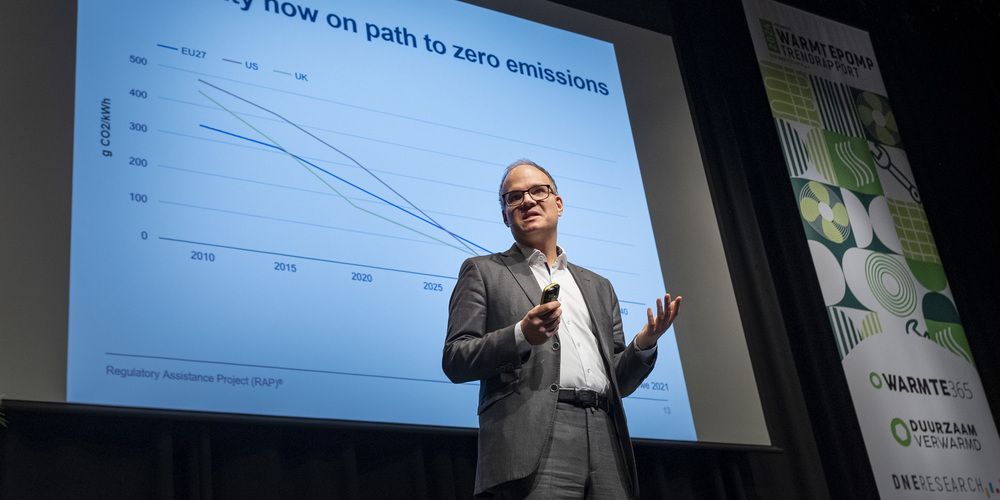
POWER

Markus Steigenberger, Managing Director
2023 has been another year of extremes. It will likely be the hottest on record. But it is also a year that saw global renewable energy investments reach new highs. The clean energy boom offers a glimmer of hope: a successful energy transition is within our reach. But we still need to go further—and faster. Working together is key to achieving change. This year, I witnessed an idea come alive: INETTT, the International Network of Energy Transition Think Tanks. INETTT brings together some of the finest organizations from around the globe working toward a just energy transition. Its 14 members discuss ideas, cooperate, utilize synergies, and support each other. The idea of INETTT dates back to 2018/2019, but the global pandemic slowed its development. This year, we were able to give it a huge push: INETTT now has a staffed secretariat to coordinate its work and a new governance structure, which was adopted at the network’s Annual General Assembly in South Africa. INETTT’s work is complex and challenging, yet powerful and rewarding. The network now has a solid foundation to build on, and we are committed to expanding its work and utilizing its full potential to accelerate the clean energy transition globally.
Below are reflections on 2023 from two INETTT members:
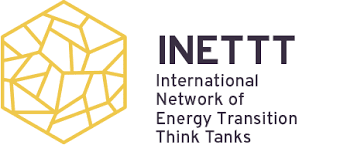
Alkım Bağ Güllü, Director, SHURA Energy Transition Center
2023 was a difficult year for Turkey as a result of the ongoing economic crisis, enduring effects of the global energy crisis, and Russia’s invasion of Ukraine, resulting in significant increases in energy prices. Despite the difficulties, this period was a window of opportunity to underline the economic benefits of energy transition as well as its contribution to energy supply security. Renewable energy and energy efficiency have been accepted as the pillars of not just decarbonization, but also as part of a new economic growth paradigm in Turkey, and renewable energy reached a share of 54 percent in installed power and 42 percent in power generation. 2023 was also marked by the issuance of various policy documents in line with Turkey’s net-zero target, with ambitious targets in renewable energy, energy efficiency, electrification, and new technologies. In 2023, SHURA continued to develop specific alternatives and pathways for moving Turkey toward a clean energy system through deep technical work and extensive stakeholder dialogue, and SHURA was awarded the Pioneer Civil Initiative for its research on energy economics and energy policies.
Lidia Kolucka, Vice President of Forum Energii
2023 was a year of change and brought a long-awaited breakthrough in Poland. Poles elected a new parliament and a coalition government that campaigned on a platform of green transformation. The programs of the parties that came to power were also inspired by Forum Energii’s analyses and findings, which were made available to the public and consistently described the benefits of the transition.
We have had a measurable impact on the energy transition process of Europe’s largest CO2 emitter, the Belchatow coal-fired power plant. We are a member of the Monitoring Committee of the EU’s Just Transition Fund and are supporting the region in transitioning away from coal. The plant will only be in operation for another decade, so the region is already in great need of support and a counterbalance to coal. This year, Belchatow produced about 26.5 percent less energy than it did in 2022, so our analysis and consensus-building around Belchatow’s transformation are crucial for planning the region’s future. Based on this experience, we will also prepare plans to phase out coal at the Turow power plant.
In our analyses we highlighted the need to create conditions for accelerating the development of renewable energy sources. This year, Poland adopted a package of changes to its renewable energy legislation, including the first changes to the law that previously blocked the development of onshore wind power. Further work on this is already underway in the new parliament.
We are aware that in order to achieve an effective energy transition, we need not only regulations but also good and modern modeling tools. That is why we have launched a major project to model the path to climate neutrality in five Polish cities and why we are co-creating a model that will help the country and local governments plan for the energy transition.


